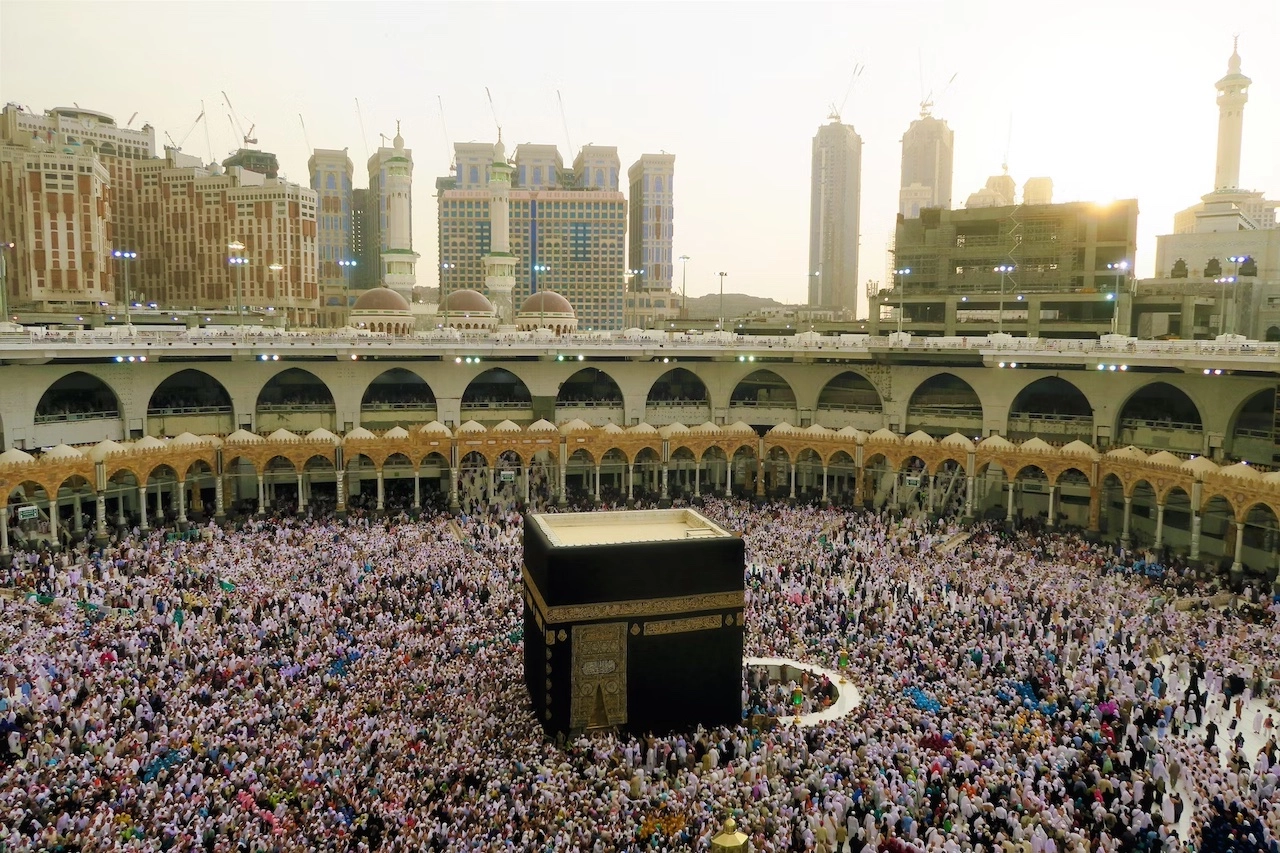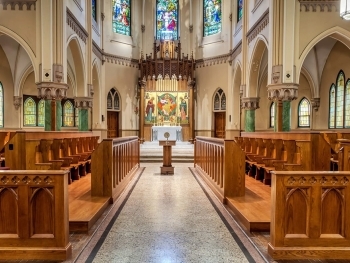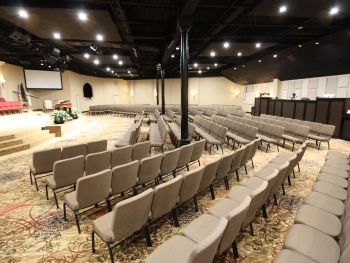Pilgrimages, sacred journeys undertaken for spiritual significance, have been a timeless tradition across cultures and religions. These mystical journeys are not merely physical treks but transformative odysseys that transcend time and borders, connecting individuals to the divine and fostering a deep sense of spiritual fulfillment. In this exploration, we delve into some of the world's most profound pilgrimages, unraveling the spiritual significance that makes these journeys enduring and universal.
I. The Camino de Santiago: The Way of St. James
- Ancient Pathways of Spain The Camino de Santiago, a network of ancient pilgrimage routes leading to the shrine of St. James in Santiago de Compostela, Spain, has drawn pilgrims for centuries. The journey is not only a physical trek but a spiritual quest, symbolizing self-discovery, penance, and the pursuit of enlightenment.
- Cultural and Spiritual Diversity The Camino welcomes people from diverse backgrounds and beliefs, creating a unique tapestry of shared humanity. Pilgrims walk alongside each other, sharing stories, forging connections, and seeking a common spiritual experience despite their cultural differences.
II. Kumbh Mela: The Largest Gathering on Earth
- The Confluence of Rivers and Souls The Kumbh Mela, a Hindu pilgrimage that occurs every 12 years, is a spectacle of faith, drawing millions to the confluence of sacred rivers. Pilgrims believe that bathing in these holy waters cleanses them of sins and leads to spiritual liberation.
- A Spiritual Carnival The Kumbh Mela transcends religious boundaries, attracting people from various sects and traditions within Hinduism. The festival is a vibrant blend of spirituality, culture, and communal celebration, creating an atmosphere of profound spiritual significance.
III. Hajj: Pilgrimage to Mecca
- The Fifth Pillar of Islam Hajj, one of the Five Pillars of Islam, is a mandatory pilgrimage for Muslims who are physically and financially able to undertake the journey to Mecca. The rituals performed during Hajj symbolize unity, equality, and submission to the divine will.
- Global Muslim Unity Hajj brings together Muslims from every corner of the globe, fostering a sense of unity and equality as they perform the same rituals simultaneously. Pilgrims share a deep connection to their faith and to each other, transcending national and cultural borders.
IV. The Shikoku Pilgrimage: Circumambulating Sacred Grounds
- Japanese Buddhist Tradition The Shikoku Pilgrimage in Japan encompasses 88 temples associated with the Buddhist monk Kukai, known as Kobo Daishi. Pilgrims traverse the island of Shikoku, seeking spiritual enlightenment and engaging in practices that blend nature, tradition, and devotion.
- Walking the Path of Enlightenment The Shikoku Pilgrimage is not just a physical journey but a meditative practice. Pilgrims circumambulate sacred grounds, immersing themselves in the serene beauty of nature while contemplating the teachings of Buddhism.
Mystical journeys, in the form of pilgrimages, continue to captivate the human spirit, offering seekers a profound connection to the divine and a shared experience with fellow travelers. Whether walking the Camino de Santiago, participating in the Kumbh Mela, performing the Hajj, or circumambulating the temples of Shikoku, these sacred journeys transcend time and borders, embodying the universality of the human quest for spiritual fulfillment. In the footsteps of countless pilgrims before them, modern seekers continue to embark on these transformative odysseys, weaving a tapestry of shared spirituality that endures across cultures and throughout history.




